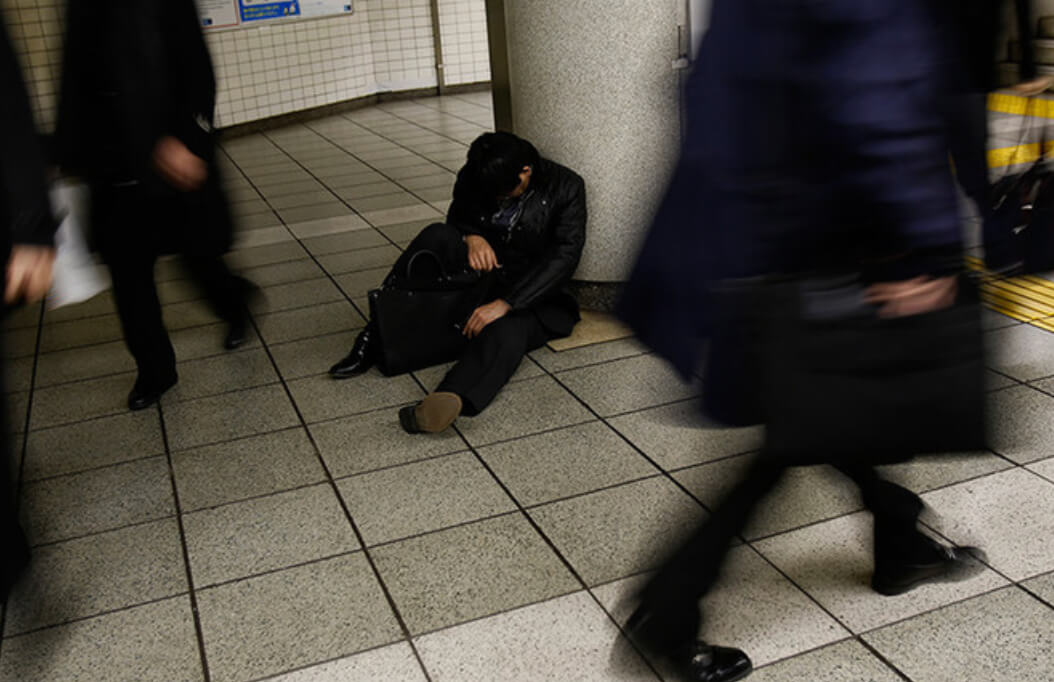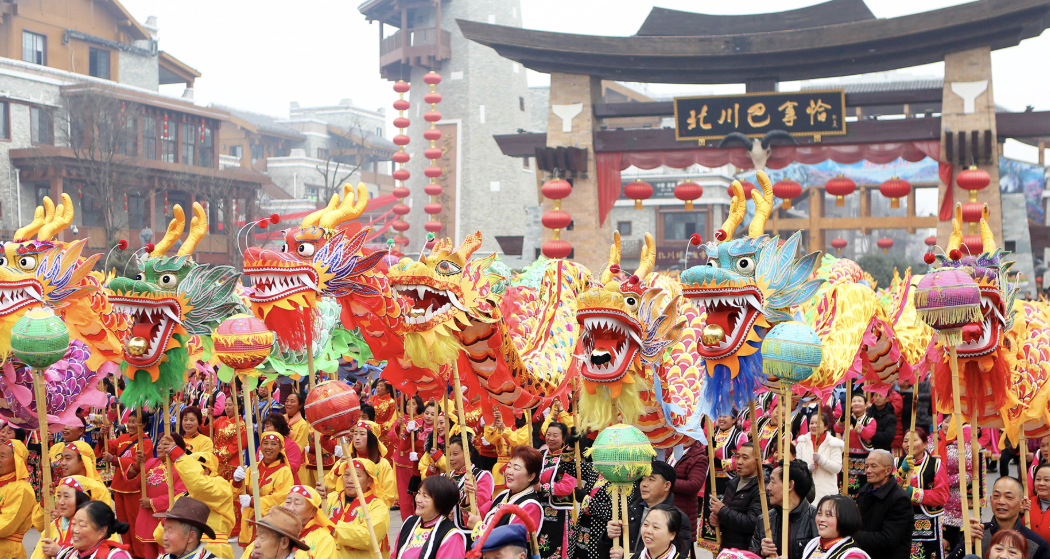By Ioannis Sistovaris, Year 12
Every nation in the world has its own unique set of customs, including their own working environments and workspace cultures. In whatever forms they take, working environments contribute to the economy, help people make a living, but also give them an opportunity to do something they are passionate about. However, it is important to take into account that this is not the case in every country. For instance, it is not unusual that instead of making a living in a flourishing and exciting atmosphere, many people end up exhausted and stuck in an unhealthy environment. After coming across a video on social media talking about how this is the case for the vast majority of the working population of Japan, I found the video itself interesting and decided to look deeper into it and share this information with fellow LGB Students.
Japanese culture, as I understand it, revolves around the men of the family working long and hard hours as a sign of dedication to their job as well as to be well-regarded in society. It is said that when you are hired as a salaryman, you usually know that you will be able to be financially stable. This is a worldwide case, however, if you look deeper into it, a lot of Japanese salarymen can end up working up to 12 hours a day.
This ultimately leads to a lot of them sacrificing their personal lives to work and live up to society’s standards, as once again, there is a lot of pride associated with having a family and being able to afford to ‘take care’ of them (and the only way to afford it for many, is to work these long hours). There is even a Japanese word to describe being overworked: “ 過労死 “ or Karochi, meaning “death from overwork”, which has been an increasing societal problem since the 1970s, and often kept hidden by corporations who do not wish to be held liable. According to the website, Statistica.com, “In 2022, around 2,968 persons committed suicide due to problems related to their working situation in Japan”. In fact, it is said that a lot of these overworked men often opt to travel to a forest called Aokigahara to do so, if it gets to the point where they do not want to burden their families or simply cannot take it anymore (Aokigahara being known to be the “suicide forest”).
It is also important to take into account that a lot of these workmen don’t get to see their children often, regardless of them living in the same home. This happens as by the time they return from work, the children are already asleep, all ready for school the next day.
Additionally, people have said that the divorce rate in Japan is quite high, especially after a certain age. In this typical family structure, once the man retires and resides at home, he and his wife resemble strangers to one another after all the quality time lost over the years to working long hours.
It is important to know that not all workmen, or even working people in Japan experience this, but also that Japan isn’t the only country that experiences this. Governments need to take initiative in creating and enforcing employment laws to make sure that the living conditions of their citizens are bearable, and that there is a fair balance between workload and personal life, as this is a truly saddening case.



